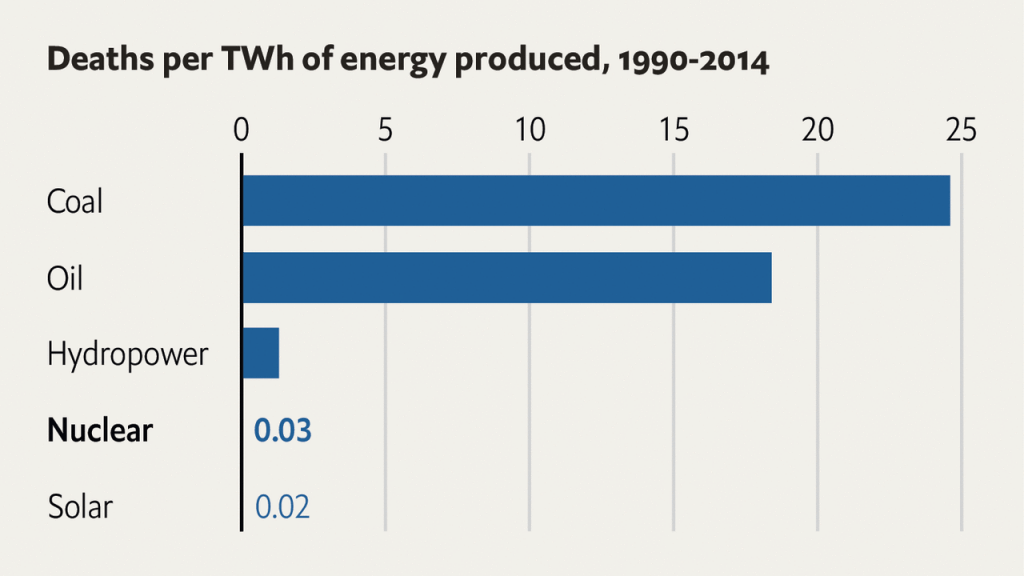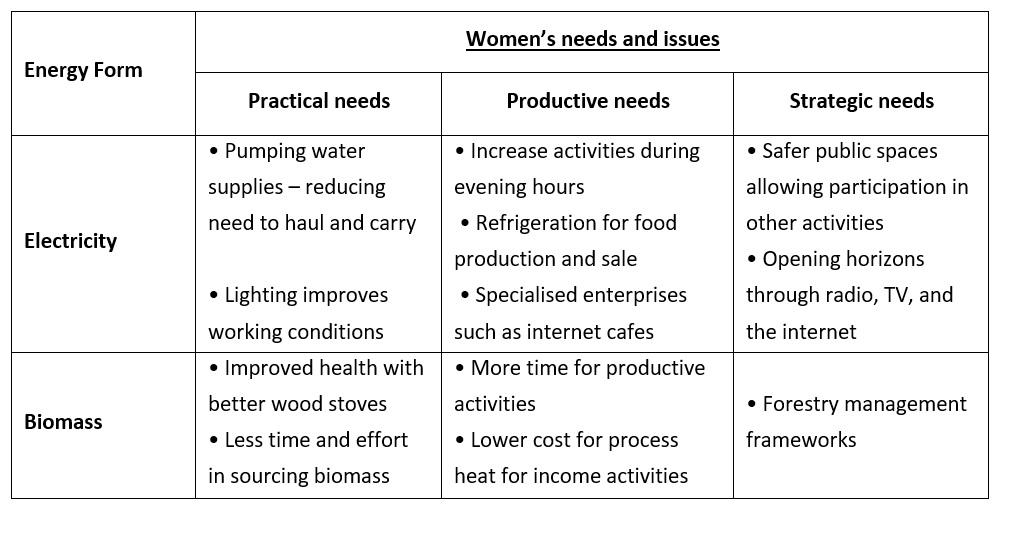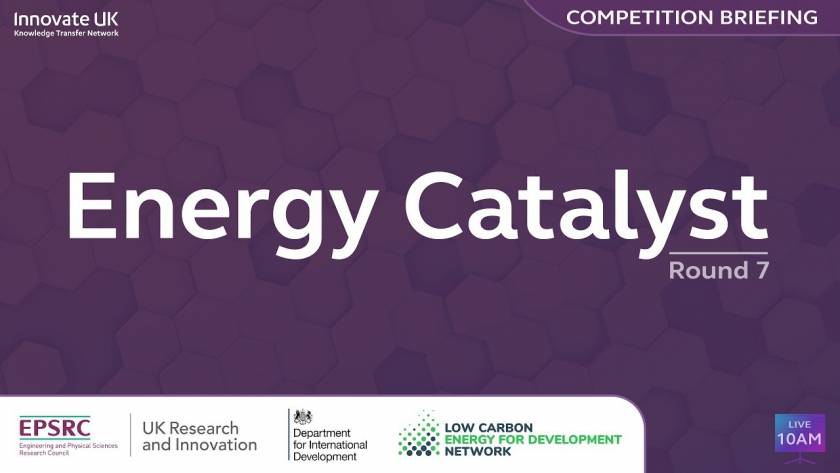Skip to content
Skip to sidebar
Skip to footer
In his recent book, ‘How to avoid a climate disaster’, Bill Gates focuses on electricity as the first major priority to consider in his manifesto for how to tackle the climate emergency. The reliable and low-cost supply of electricity has countless benefits across the economic and social spectrum. Gates also highlights that of the 860…




